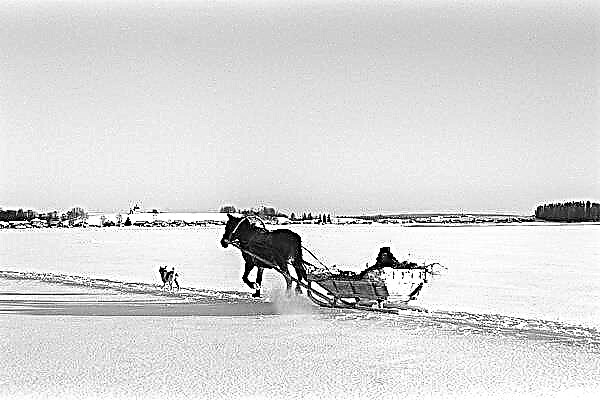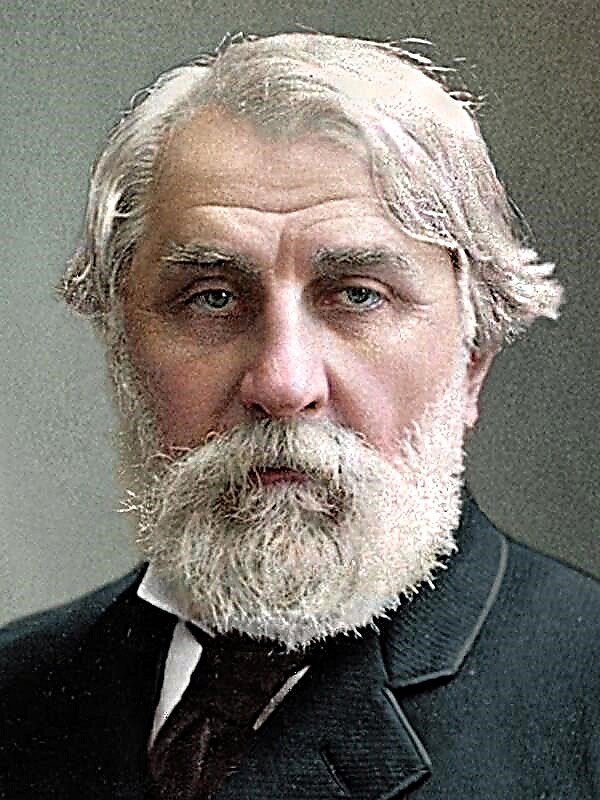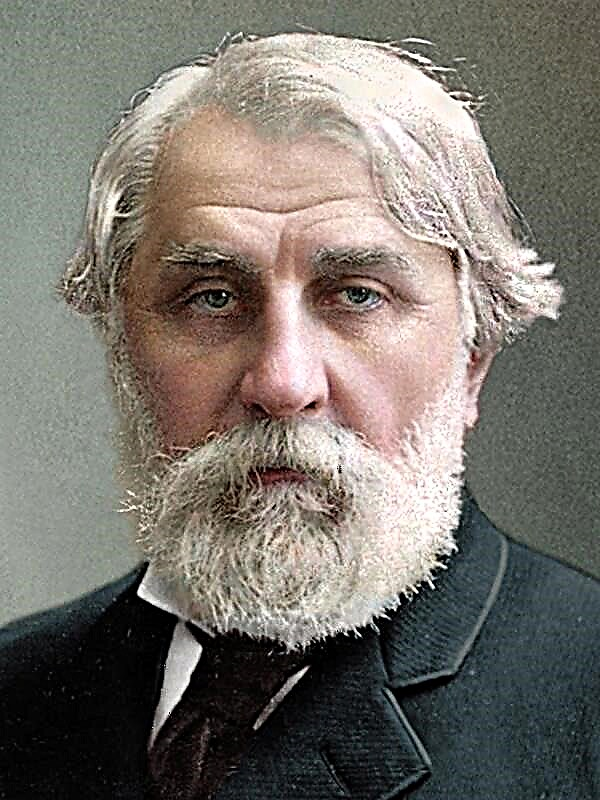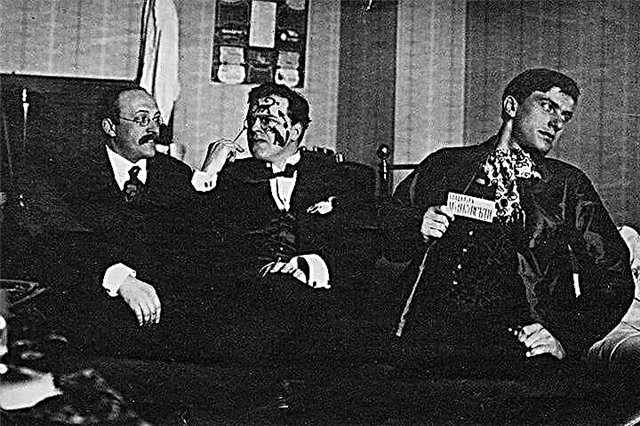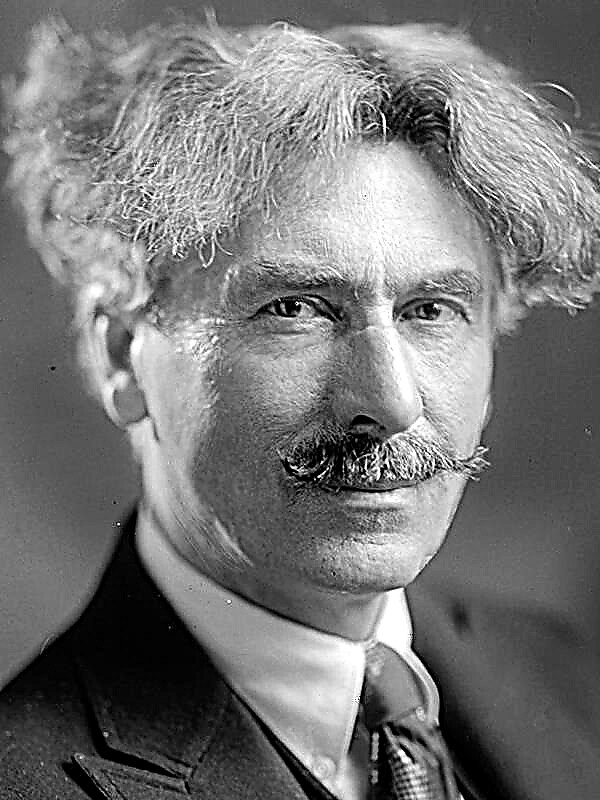N. Nekrasov is one of the authors who raise the most painful topics of Russian life and the whole people. Being a convinced democrat, he had his own opinion about the destiny of the poet.
History of creation
Nekrasov’s poem “Poet and Citizen” was written between 1855 and 1856. Later it was included in the author's general collection, where the work was given an honorable first place.
The “Poet and Citizen” is saturated with Belinsky’s views and ideas, which influenced Nekrasov’s worldview, as the poem attests. The poet often associated his work with Belinsky and dedicated whole works to him.
The release of the collection caused a huge stir among the public, the discontent of the authorities and official criticism. The issue of Sovremennik, where the creation was printed, as well as the author’s collection, was withdrawn from public access with a ban on reissue. The threat of closure of the magazine arose due to harsh criticism of the government and the revolutionary appeals present in the author’s poems.
Genre, direction and size
Nekrasov’s poem is written in the genre of civic lyrics, since Nikolai Alekseevich himself was a follower of realism even in poetry. In poetic form, he conveyed important socio-political content.
The size of the iambic poem, types of rhyme - cross and ring rhyme. The work has the form of a dialogue between a citizen and a poet.
Images and Symbols
In the work it is impossible to single out one main character, since the author distinguishes both from different sides, contrasting their images to each other.
The image of the Citizen is collective, since it combines the views of the author himself, as well as the writer Chernyshevsky and critic Belinsky. In the work, this hero shows typical qualities for a conscious resident of a democratic state. He knows his rights and obligations, demanding the same from the state. His remarks are saturated with the political mood of that time, Nekrasov’s thoughts about the situation of the people. Portraying a citizen and a poet, the author actually divides himself into 2 parts, trying to describe his own feelings and their disagreements with each other. Each image is opposed to each other. According to Grazdanin, a poet should always be the voice of ordinary people, be on their side and fulfill his mission not only as a rhyme-recorder, but also as a mouthpiece of the people's power. A citizen is a “worthy son of the fatherland” who is trying to inspire the poet to work in the name of people and society.
The poet is presented as a man in the power of the blues, drowning in himself all the best qualities that can be directed to the struggle. He rushes between two fires, as Nekrasov himself rushed about, whom contemporaries did not cease to accuse of neglecting the artistry and imagery of style. The Citizen speaks the same words to him, emphasizing that his strength is not in the beauty of the style, but in inspiring people to fight. The author shows that, despite his status, he is still obliged to be a citizen for his people and country.
Themes and mood
- The main theme of the poem is the definition of the role of the poet and poetry in society. The author insists that the creator must subtly understand his time and do what the era needs. The citizen urges the interlocutor to look around and understand that at the moment the people need a voice that will voice their needs and requirements. He compares Pushkin’s talent and what the Poet from the poem is endowed with, and concludes that they are different because time has changed. What is needed now is not the beauty of the syllable, but the power of voice.
- Another topic is the fate of the people. Most sweet-voiced singers are indifferent to her, but a true poet should protect the interests of ordinary people, pay attention to their sorrows. While power is playing with muscles and boasting, the people are suffering under the yoke of autocracy, and there is only one person who can convey this truth to the highest ranks - the poet.
- Another topic is civic identity. Each person must find in himself a citizen who cares about the fate of the country. Only in this way will a people form an active and conscious society that will defend its interests before the authorities. Nekrasov sets an example, because the conversation between the Citizen and the Poet occurs inside him every time a righteous indignation forces him to take up a pen.
The mood of the poem is a motivation for action. While the poet lies and is lazy, no one will do his work. If at first he thinks that poetry is something that can help people, then in the finale his opinion changes. A citizen, by the power of his ardor, persuades him.
Main idea
The main idea of the poem is expressed in the aphorism mentioned in the Citizen’s monologue: “You may not be a poet, but you must be a citizen.” Having this talent, a person is obliged to serve his people and fatherland, using his gift for the good.
The meaning of the work is to convey to the readers and authors the true purpose of the poet's talent. Nekrasov urges all contemporaries to look around and see how things are in the country, how society is living. If the answers are disappointing, then you must use all your strength to correct the situation.
Means of artistic expression
The author uses the imaginary antithesis of the images of a citizen and a poet, their purposes, but in the finale proves that these concepts are inseparable.
Nekrasov also uses such means of artistic expression as the epithets “gentle and sleepy wind”, the personification “sleepy spleen has come down”, metaphors “sleepy spleen”, anaphora “I swear, I honestly hated it!” and the sound recording "and affectionately promised love ...". It is not possible to cite all examples from the text, since there are many of them, but if something was not enough for you, write, we will do it.

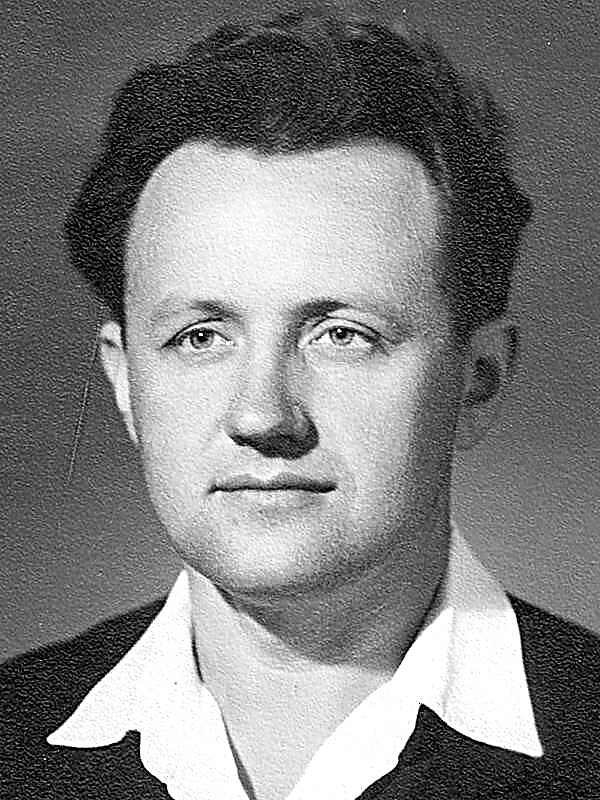 Punishers
Punishers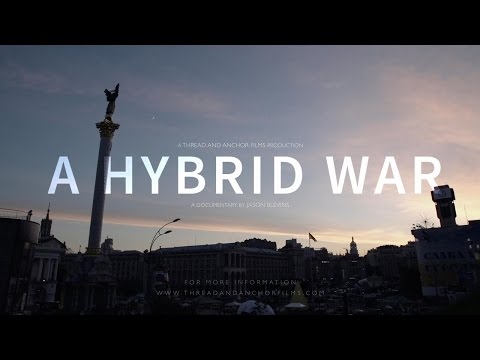
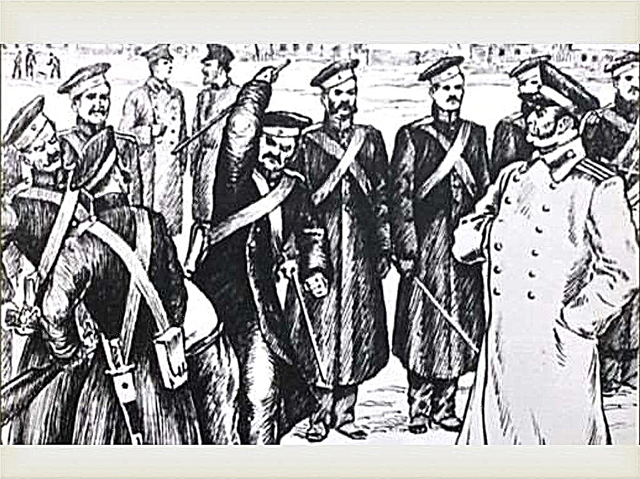
 Clarissa
Clarissa
